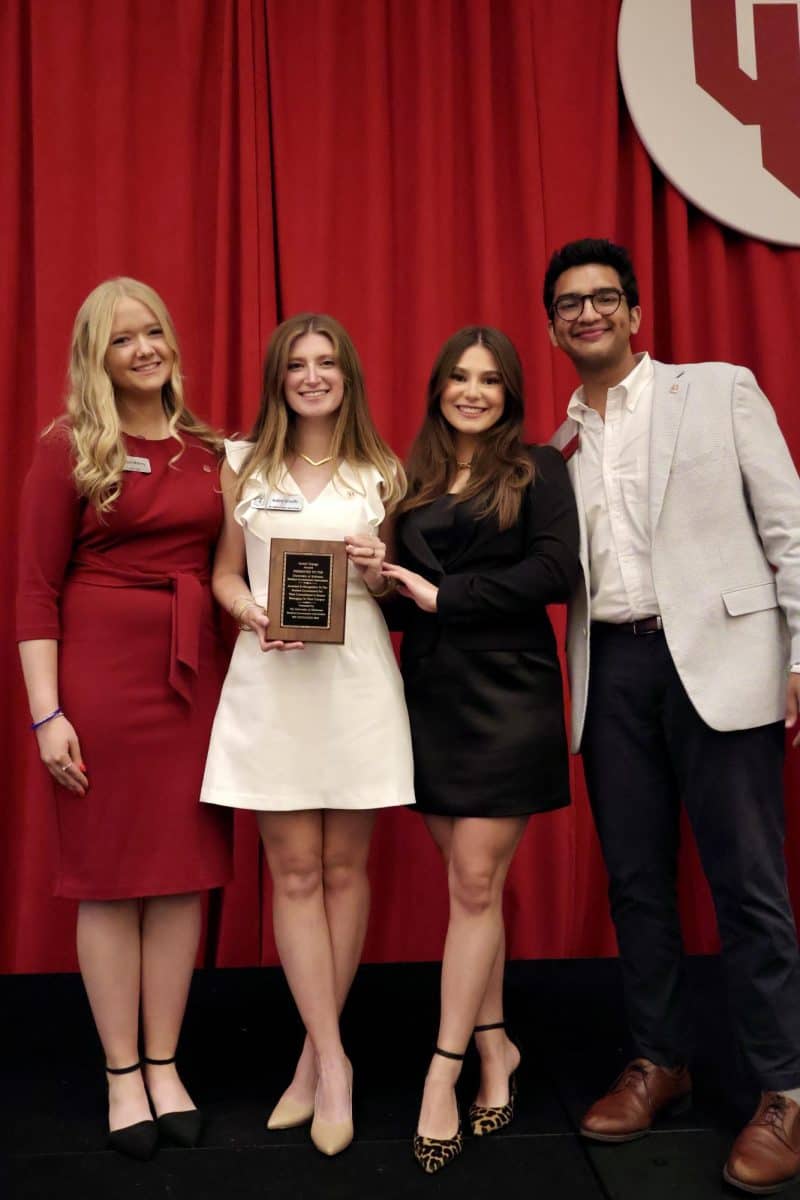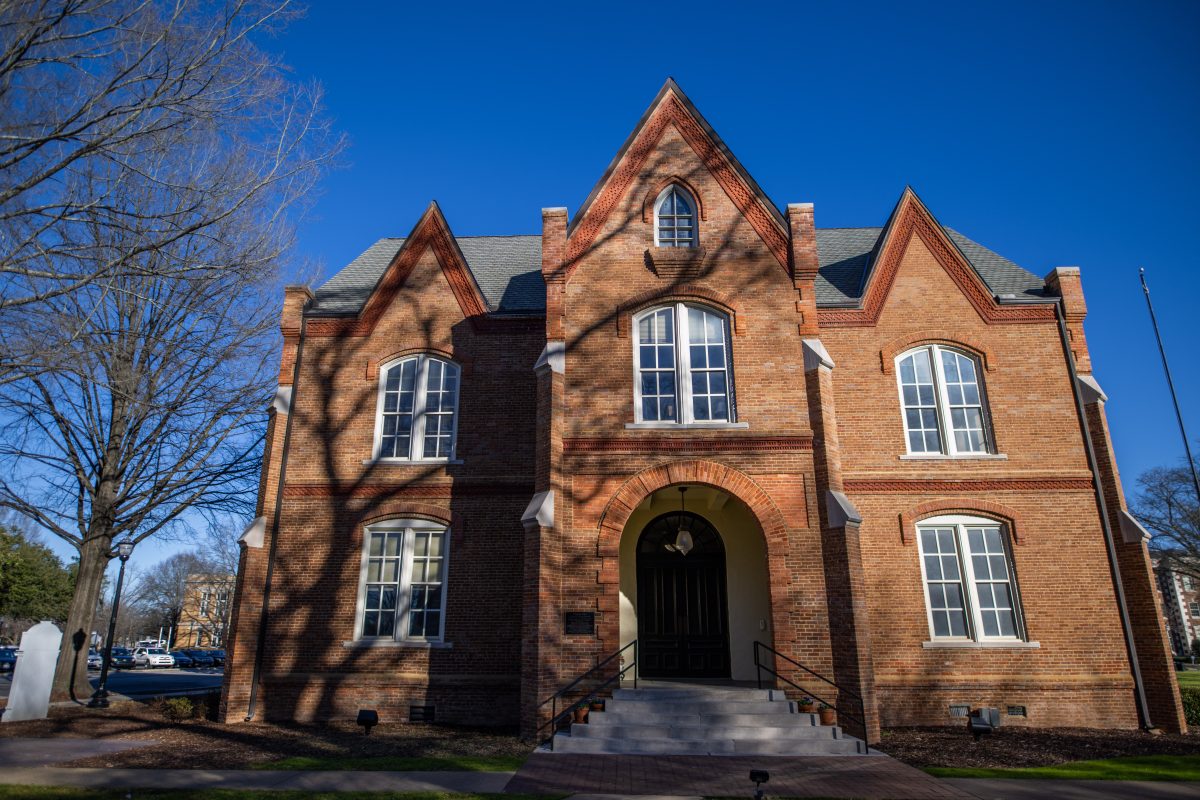The University of Alabama’s School of Social Work will soon install a virtual reality research lab, only the third of its kind in the country.
The lab will allow UA researchers to perform research, therapy and clinical studies of participants in a simulated environment much more accurate to the real world than most other forms of research.
The virtual reality technology includes the ability for program designers to construct avatars to respond to realistic stimuli, and also has the ability to produce the sounds and scents that other simulation exercises may not be able to reproduce.
Amy Traylor, an assistant professor in the School of Social Work and a long-time proponent of the use of virtual reality in social research, said the new lab will provide researchers a realistic simulation for people who have phobias, addictions or other issues in a safe yet effective environment.
“[Virtual Reality] allows for a very controlled environment,” Traylor said. “The clinician can turn it off if it gets to be too much.”
Traylor said the simulations provide just enough details for a human mind to manifest the other information. This provides an experience that feels real to the mind but has the safety net of being in a controlled environment.
“I think there is something going on inside our brains that allow us to fill things in and make the environments more real,” Traylor said. “There’s a feeling of presence, the feeling of being there, and so we can say the technology offers a great sense of presence.”
Traylor has co-authored several articles on the use of virtual reality in social work. Patrick Bordnick, an associate professor at the University of Houston Graduate College of Social Work, has worked and co-authored with Traylor on several occasions. The University of Houston was the first institution to install a virtual reality simulation lab to conduct research and therapy.
“If we can have a virtual scenario, where we put that person in that bar, or in that social setting, and now have the therapist be able to teach you in real time, I think that will hold up when they are out in these realistic situations in the real world, that these skills should transfer from virtual reality to the real world,” Bordnick said.
The lab should be completed sometime this year, and Traylor is already working to attain grants for study with the Working on Womanhood program through the Tuscaloosa Department of Youth Services as well as a substance abuse program called the Bridge.
Traylor would like to be able to use the technology to better assess what environments trigger stress, anxiety and drug cravings so the children, teens and young adults can learn coping strategies in a safe environment.
“Having that safety net may encourage more people to engage in treatment for various issues because it provides a measure of security while developing skills before being forced to use them in everyday situations,” Traylor said.
Leading in today’s Crimson White:
[Letter to the Editor] Expulsion may not be the best answer for UA students arrested last week
[Letter to the Editor] It’s time to rethink our prohibitionist attitude on marijuana enforcement
[Opinion] Alabama law enforcement’s big day was entirely meaningless for the state






